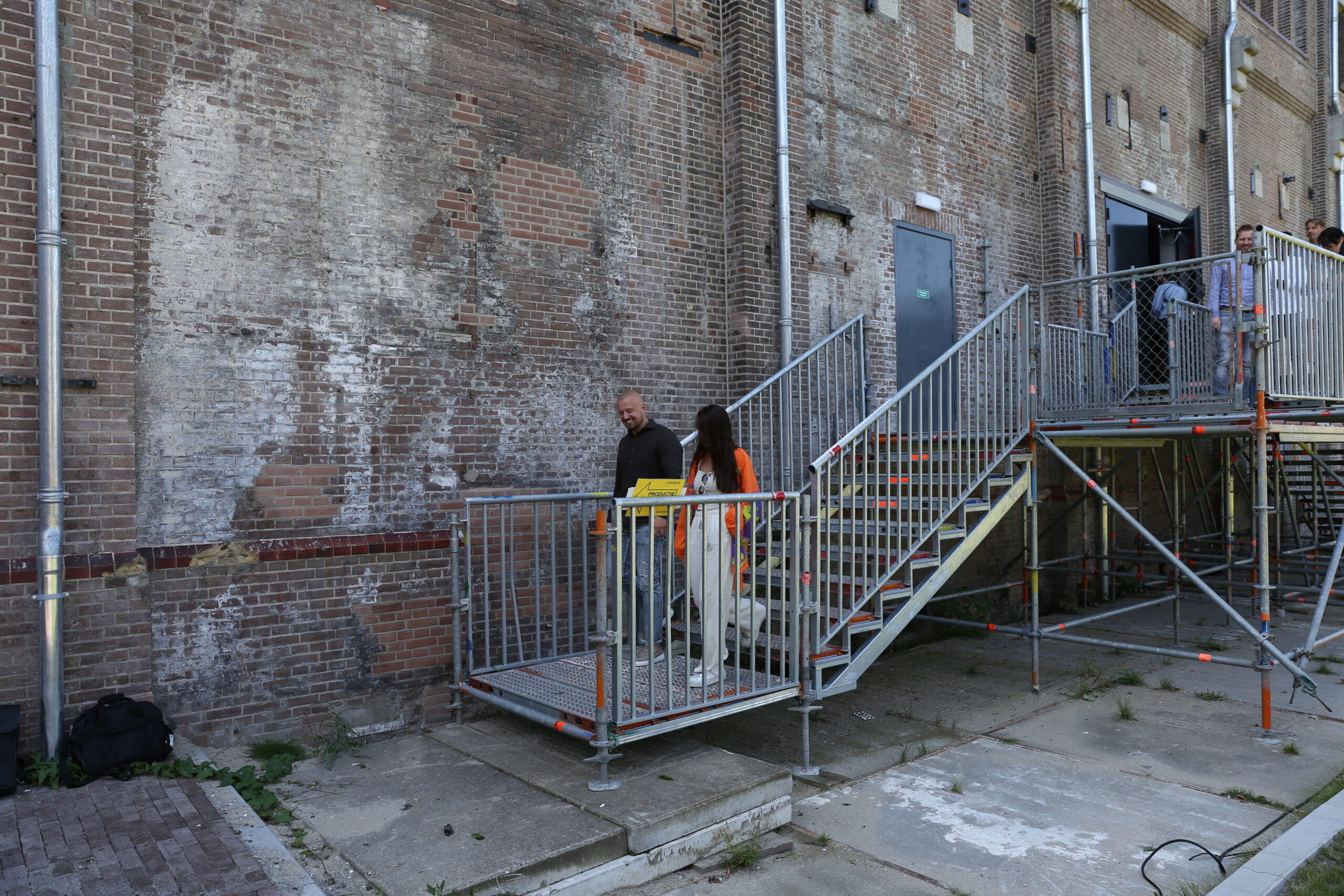In a time where digital accessibility is becoming increasingly important, Sebas Krijgsman, Martijn Smit and Remko... Read more
Read moreCorona accelerates the 'War for skills'
- |

Nevertheless, consultancy firm McKinsey noted previously stated that “organizations realize that the best employees deliver the highest quality and do the most work, but they are quite poor at finding and retaining these people.”
The fact is that the declining working population is simply causing a structural mismatch on the labor market. As a result, organizations have been forced to look for employees who can be deployed more broadly in recent years. As a result, the focus has already shifted more to distinctive competencies. And employers have already experienced that it is precisely unique and rare competencies that are in short supply. The 'war for talent' is shifting to a 'war for skills'.
Organizations realize that the best employees deliver the highest quality and do the most work, but they are quite poor at finding and retaining these people
-Consulting firm McKinsey
- Time management skills ensure that the home-working employee gets more done in less time, even when there is increased workload.
- Self-discipline enables the employee to make choices and to stick to them with thoughts and behavior. Self-discipline helps to overcome procrastination.
- Sense of responsibility ensures that employees can move along in uncertain times. Self-management and taking responsibility are some of the positive effects of employees with a strong intrinsic sense of responsibility.
- Organizational skills help the employee to independently set priorities, monitor progress and make timely adjustments to achieve goals.
A team with a high diversity of employees can use a wider network to recruit new employees

Identifying hard skills is a piece of cake, as all you need to do is look at the education/courses and work experience listed on your resume. How different is this with soft skills, these can be requested in a job description, but even for the most experienced interviewer it is difficult to measure whether someone has the required soft skills. For example, how do you identify whether the applicant has self-discipline? You could use the STAR method. STAR stands for: Situation, Task, Action and Result. You ask applicants to tell you how they acted in certain situations. Listen to how they weave soft skills into their conversation in the Situation, Task, Action and Result. Were the skills you are looking for included?
Change happens all the time, but this is the first time many of us have experienced that change can happen very quickly and abruptly.
– Dawn Graham
Another useful tip is to not only ask managers when checking references. Managers often have valuable information about their employees' skills, performance and expertise. However, colleagues with whom the applicant has worked directly often provide better insight into someone's personality and therefore soft skills. So, ask an applicant not only for the number of his or her previous manager but also for the number of the previous direct colleague with whom the applicant has worked closely.
Read also
Changes in the self-employed and interim market: what's going on?
First of all: the flexibility that many freelancers loved so much no longer seems so obvious. With stricter... Read more
Read moreHow will you reach your target group in the future if third-party cookies are becoming increasingly difficult?
It is becoming increasingly difficult to reach your target group via third-party cookies. At Recruitment Marketeers, they are therefore building a new form of future-proof job marketing in which server-side tagging plays an important role...
Read more



)
)
)
)
)
)
)
)
)
)